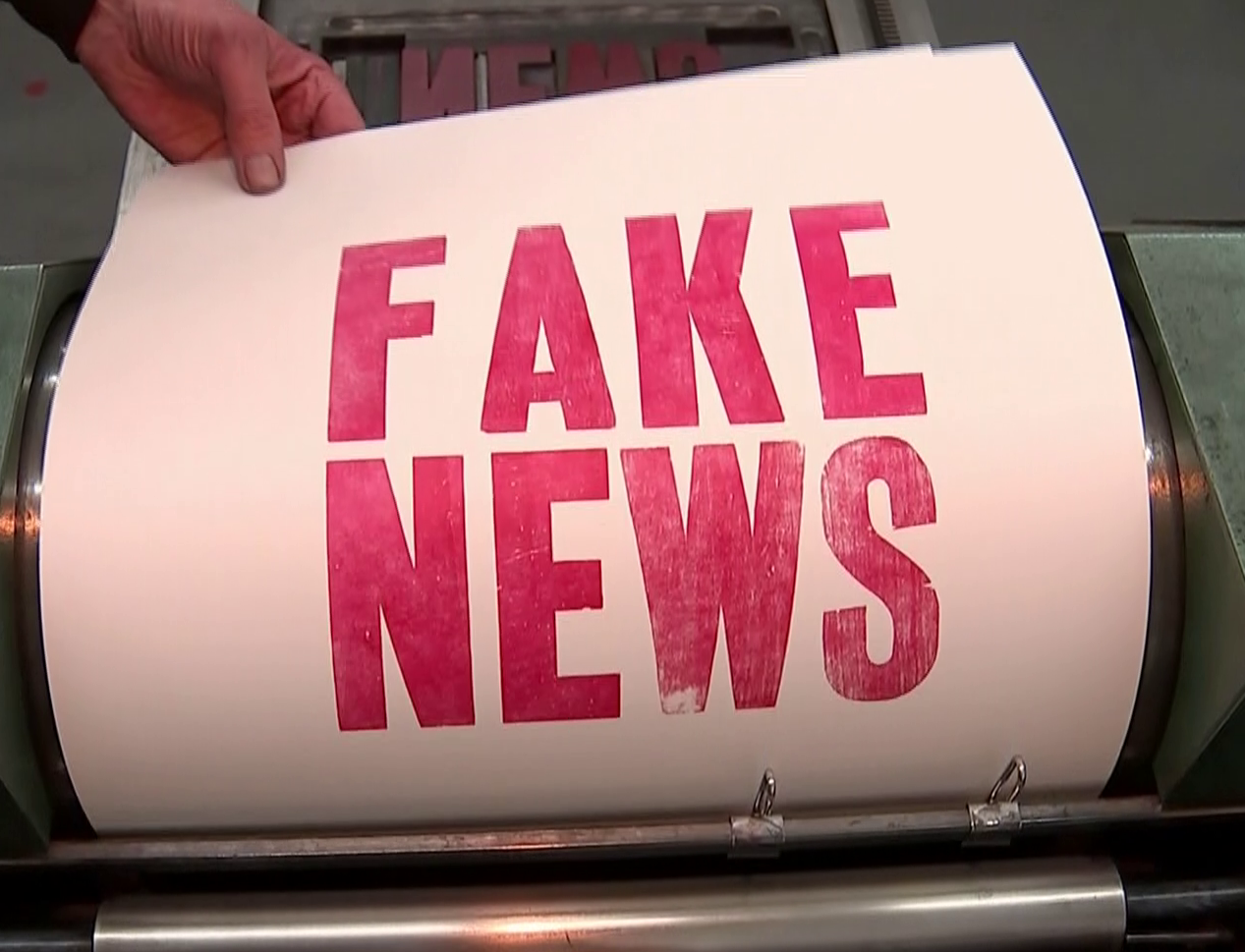
The Times newspaper’s head of investigations has backed imposing a fine on web platforms who fail to remove extremist content.
Alexi Mostrous said in the course of his investigations he had flagged up extremist content to Facebook through its complaints procedures, only for it to remain online.
While warning that “we don’t want to get to a point where the government regulates what we read” he said he believed Westminster “can and should regulate” on areas that were not “grey”.
“I could see space for a law that says if Facebook or any other social media company is made aware of illegal content and fails to take it down within, say, three months, then there is a fine,” he said.
“But beyond that, I find it hard to see a space for government regulation.”
A new law brought into effect in Germany this year obliges social networks with more than 2m German users to remove obvious examples of hate speech within 24 hours of it being reported or face fines.
Mostrous made the comments as part of a panel discussing the “future of automated journalism” at Mindshare’s Huddle event in London yesterday.
He was joined by Times writer Hugo Rifkind and Sky News political correspondent (and former Times reporter) Beth Rigby.
Rifkind said the government was “nowhere” on fake news and was more concerned about encryption on messaging services.
He said the Culture Select Committee’s fake news inquiry, led by chairman Damian Collins MP, “is the British state’s response to the fake news problem – one guy, sitting in Portcullis House, taking some evidence”.
“The government here is just not really doing anything and part of the reason why is there is just not that much they can do. It’s similar to the encryption problem,” he said.
“We have companies that are more powerful than states and really there is very little co-operation that the government can enforce for companies of this size that are not even based here.”
Asked whether journalists had a role in helping distinguish between fake news and real news, Mostrous said: “We need to keep pushing this message, which seems to be working, that there is a difference between the output of professional news organisations and the output outside of that in terms of the layers of fact checking that goes into producing stories.
“Maybe robotics can help in that, if it’s a questions of fact checking or source checking, an algorithm that could quickly check the veracity of sources.
“It would work with reporters to help distinguish between fake news and real news”. But, he added: “Fake news is not an easy category to define.”
Rigby said the fact that some of the printed press editorialised and had become “campaigning newspapers” had led to further confusion over what constituted fake news.
She said: “The Daily Mail has conflated news with comment, but that in turn… makes it feel like it’s fake news and I think that’s really dangerous… I think we all have a responsibility just to be really thorough and precious about how we newsgather and how we report and try to be balanced.
“I think actually newspapers like the Times will be a winner in this because they are keeping their news and editorial positions distinct and I think increasingly that’s what people will want.”
Rifkind said fake news was not “contentious news”, but “made up of stuff that is circulated for a particular end” and that it was “different from a deliberate manufacturing of a false media narrative”.
He added: “As newsgathering organisations it isn’t entirely our responsibility [to combat fake news]. I think social media companies have a heavy responsibility to prevent and tackle that. When we tackle fake news, then we can worry about how we make news and views more accurate.”
But Mostrous said he considered the “real danger” to be in “hugely politicised state-backed news agencies putting out propaganda-centric news stories but with a grain of truth to it”.
He said: “I think there has been a proliferation of that as the internet has grown and it has been harnessed by social media and by sites pushing propaganda. It’s one step down [from totally fabricataed fake news] but it makes it much harder to do anything about.”
Email pged@pressgazette.co.uk to point out mistakes, provide story tips or send in a letter for publication on our "Letters Page" blog
